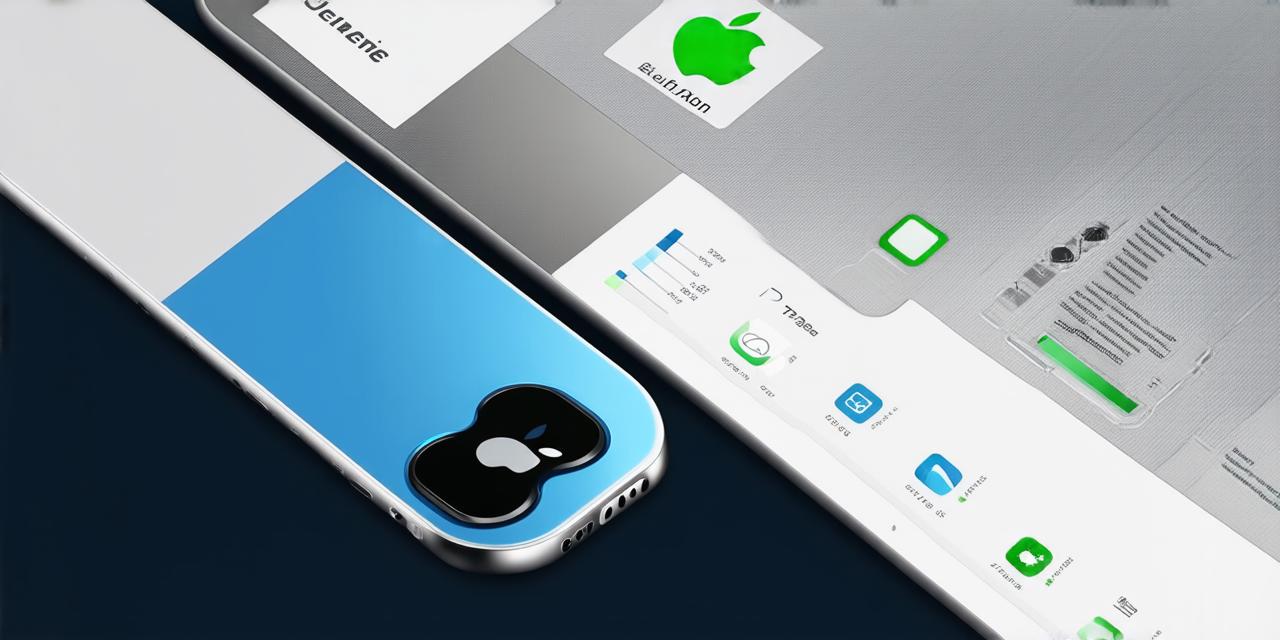In the dynamic world of mobile app development, one acronym stands tall – iOS. But what does it truly represent? Let’s delve into its origins, evolution, and impact on the tech industry.
The Birth of iOS
iOS, initially known as iPhone OS, was first introduced by Apple Inc. in 2007. It was designed specifically for Apple’s revolutionary device, the iPhone. The primary goal was to provide a seamless user experience that would revolutionize the way we interact with mobile devices.
The Evolution of iOS
Over the years, iOS has expanded beyond the iPhone, powering iPads and iPod Touches. Each update brings new features, improved performance, and enhanced security. For instance, iOS 14 introduced App Clips, a revolutionary feature that allows users to access app functionality without downloading the full app.
The Power of iOS
iOS is renowned for its robustness and security. Unlike Android, which allows more customization, iOS maintains a closed ecosystem, ensuring a consistent user experience across devices. This consistency makes it an attractive platform for developers who value predictability and stability.

Developing for iOS
Developing for iOS requires mastery of Swift or Objective-C, Apple’s proprietary programming languages. With tools like Xcode, developers can create intuitive, high-performing apps that leverage the unique features of iOS devices.
The Impact of iOS
iOS has shaped the mobile app development landscape. Its focus on user experience and security has inspired other platforms to adopt similar principles. Moreover, the App Store, Apple’s platform for distributing iOS apps, has become a lucrative marketplace for developers worldwide.
FAQs
Q: What does iOS stand for?
A: iOS stands for iPhone Operating System, but it is now used to refer to the operating system used on all Apple devices, including iPhones, iPads, and iPod Touches.
Q: Can I develop an app for iOS without knowing Swift or Objective-C?
A: While Swift and Objective-C are the primary programming languages for iOS development, there are third-party tools that allow you to create apps using other languages like JavaScript or Python. However, mastering these languages will give you a deeper understanding of iOS development.
In Conclusion
iOS, with its focus on user experience and security, continues to be a powerful platform for mobile app development. As we move forward, it will be interesting to see how Apple continues to innovate and shape the future of mobile technology. Whether you’re a seasoned developer or just starting out, the world of iOS is ripe with opportunities for creativity and growth.
